Science in the media
-
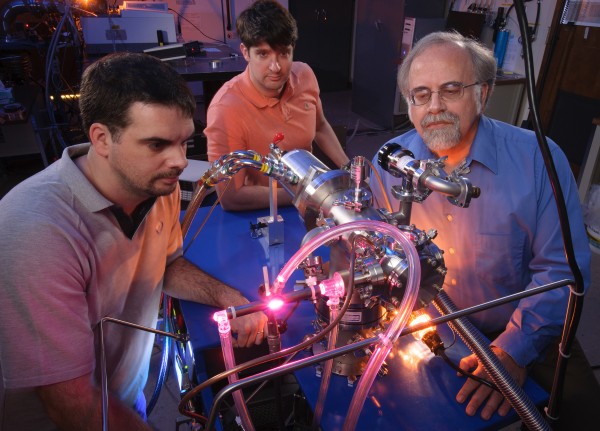
NASA Ames Reproduces the Building Blocks of Life in Laboratory
NASA scientists studying the origin of life have reproduced uracil, cytosine, and thymine, three key components of our hereditary material, in the laboratory. They discovered that an ice sample containing […]
-
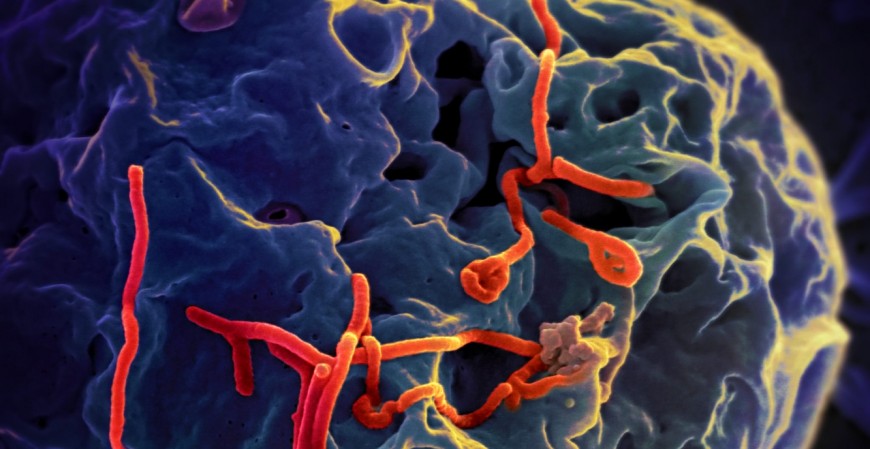
Los botánicos quieren resolver el crimen
Investigadores españoles trabajan para que la botánica sea una disciplina forense reconocida. Además de resolver casos de asesinato, la técnica permite detectar fraudes alimentarios, envenenamientos o el origen de partidas […]
-
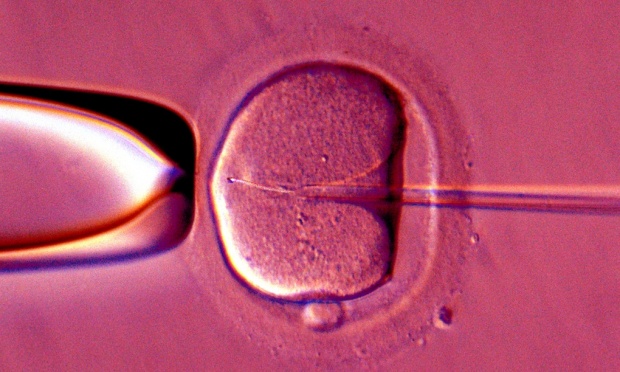
IVF test improves chances of implantation by pinpointing fertility window
Clinical trials underway after scientists in Madrid pioneer technique which hones in on woman’s optimum time for treatment
-

Con el cerebro en las tripas
Desde el nacimiento, millones de bacterias empiezan a colonizar nuestro intestino. Desempeñan un papel fundamental para mantener la salud física pero, además, podrían tener mucho que decir en la personalidad. […]
-

El Niño arrives later and weaker than expected
Long-awaited shift in tropical Pacific will have little effect on weather patterns.
-

Daylight saving time is one big experiment for scientists
To some people, the transition to daylight saving time means a few days of sleep deprivation, or the chance to leave work before the sky is completely dark. To others, it’s […]
-

The EMBERS Project Can Predict the Future With Twitter
Virginia Tech (VT) offers a glimpse into just how much “big data” has changed the game by magnifying the U.S. intelligence community’s ability to forecast—with phenomenal accuracy—human behavior on a […]
-
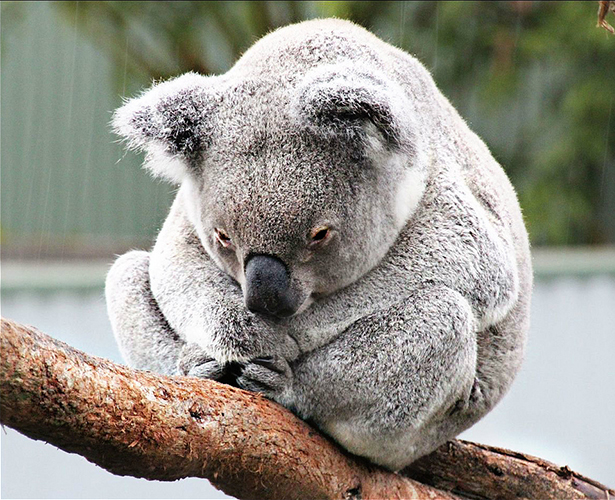
Killer Epidemic Is Invading Koala DNA
An infection sweeping through Australia’s koala population is revealing how retroviruses insert themselves into the genome
-
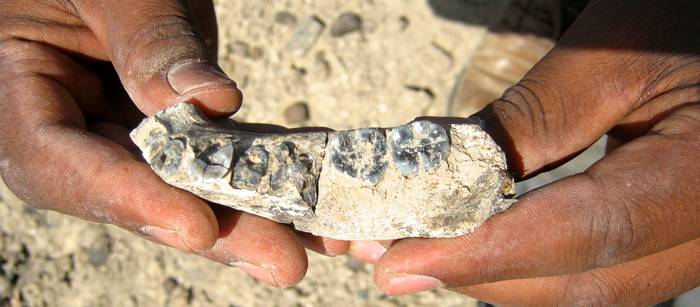
Homo generoak uste baino sustrai sakonagoak ditu
Etiopian aurkitutako hominino baten fosilak 2,8 milioi urte inguru dituela kalkulatu dute. Inoiz aurkitu den Homo generoko fosilik zaharrena da, eta milioi-erdi urte atzeratzen du Homo generoaren jatorria. Hain zuzen […]
